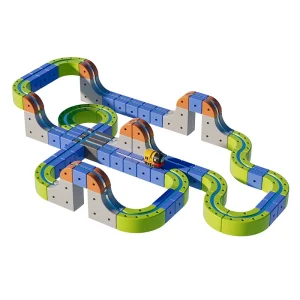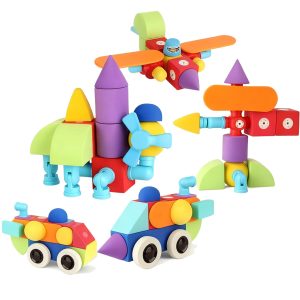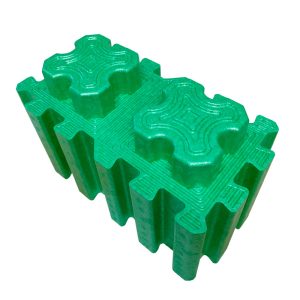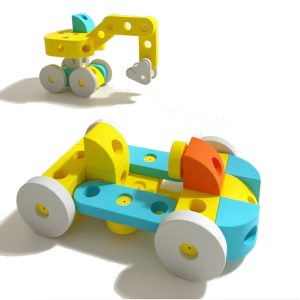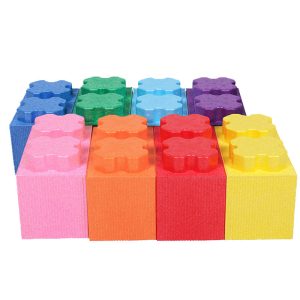What is EPP Material?
EPP Material: Core Characteristics, Application Scenarios & Detailed Production Process
EPP material is the abbreviation of Expanded Polypropylene. It is a lightweight, highly elastic, and eco-friendly foam plastic, with core features of safety, durability, and versatility.

1. Core Characteristics (3 Key Advantages)
- Safety & Eco-friendliness: Odorless, non-irritating, meets food-grade standards, no harmful substances released at high temperatures, suitable for maternal and infant products.
- Lightweight & Durable: Low density (light to touch), high impact resistance, easy to rebound after extrusion or collision, not easy to break.
- Temperature Stability: Withstands -40℃ to 130℃, resistant to high and low temperatures, wide application scope.
2. Common Application Scenarios
- Maternal & Infant Products: Building block fences, safety seat cushion layers;
- Packaging Industry: Shockproof packaging for electronic products and precision instruments;
- Automotive Industry: Door interiors, seat cushion parts;
- Outdoor Products: Yoga blocks, surfboard cores.
3. 4 Core Production Steps
- Raw Material Pretreatment: Mix PP resin with eco-friendly foaming agents/nucleating agents to make 1-2mm EPP masterbatch;
- Pre-foaming: Put masterbatch into high-pressure tank, inject 110-130℃ steam, expand into lightweight pre-foamed particles;
- Aging & Stabilization: Place in ventilated area for 12-48 hours to balance bubble pressure and prevent subsequent deformation;
- Mold Forming: Put aged particles into mold, inject steam for secondary expansion and fusion, cool and demold to get finished products.

